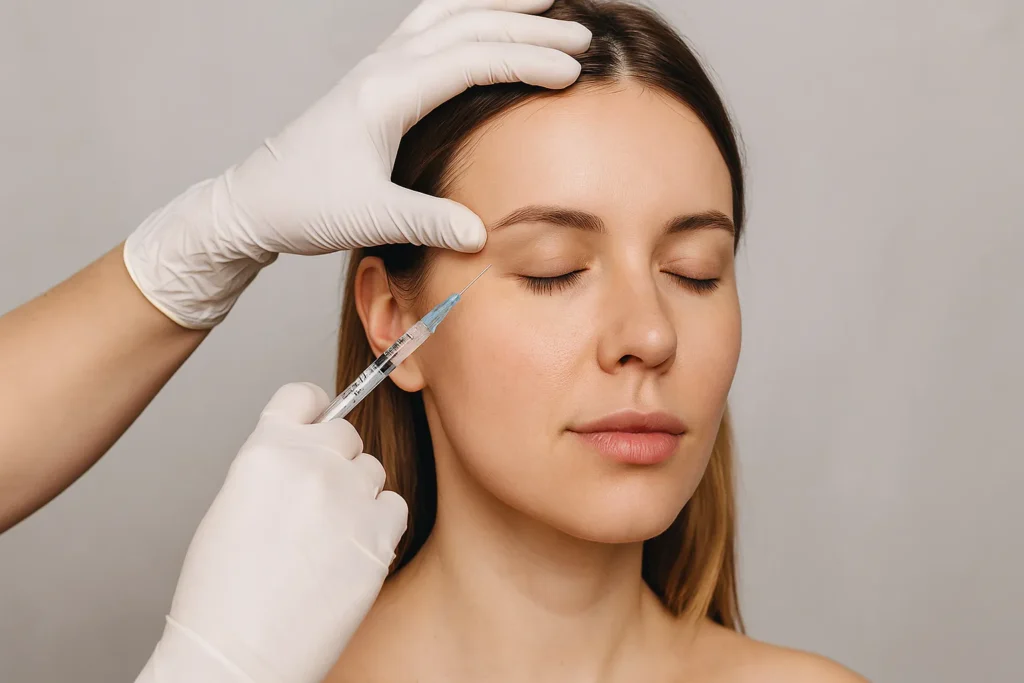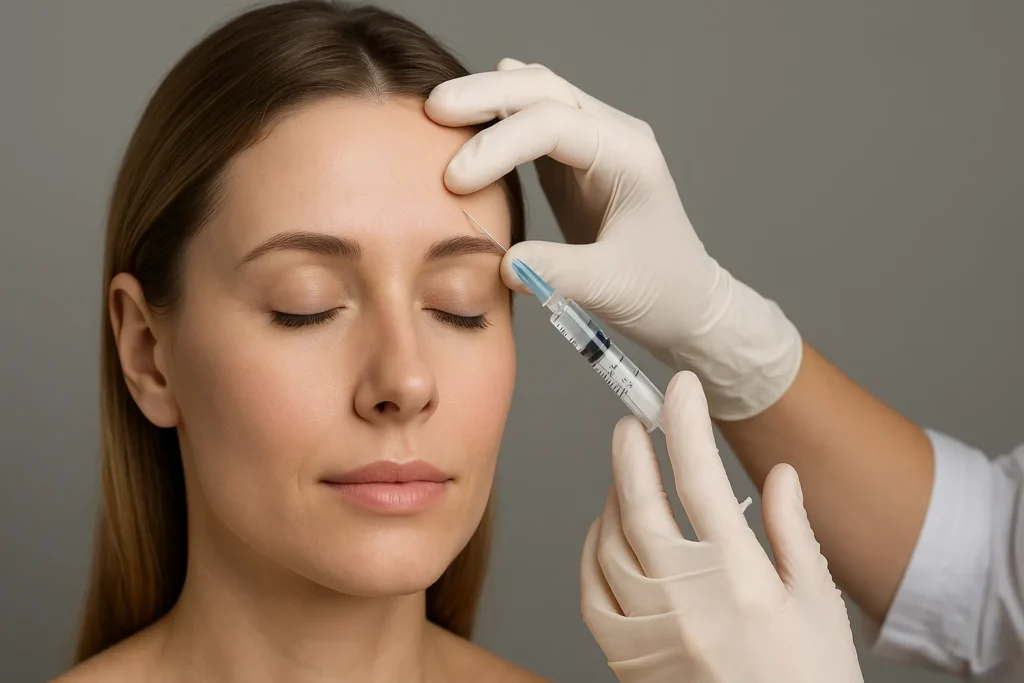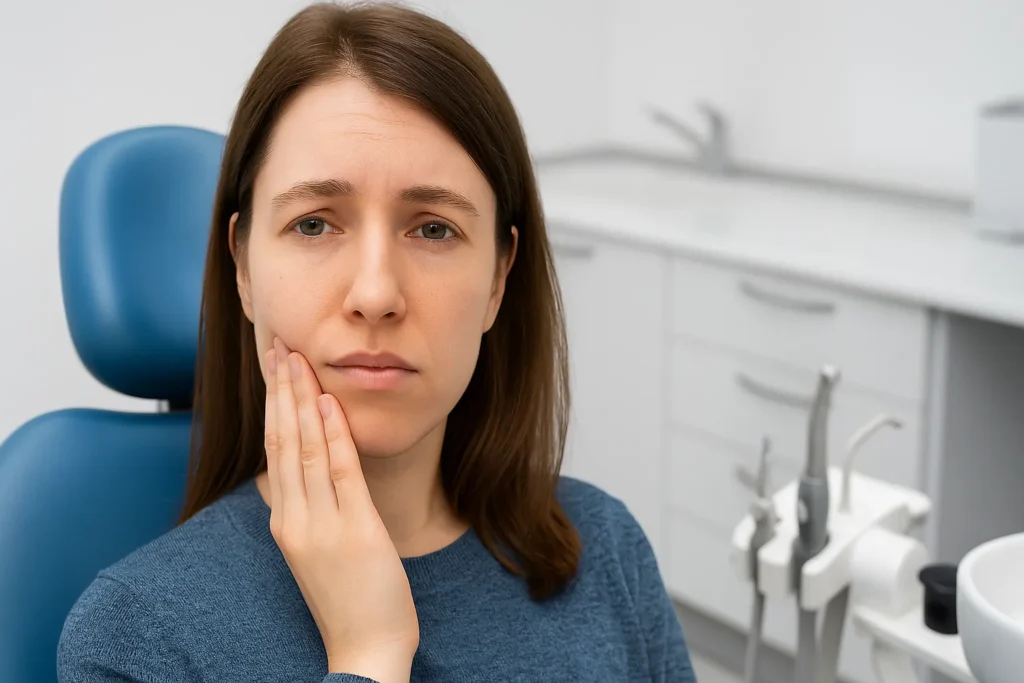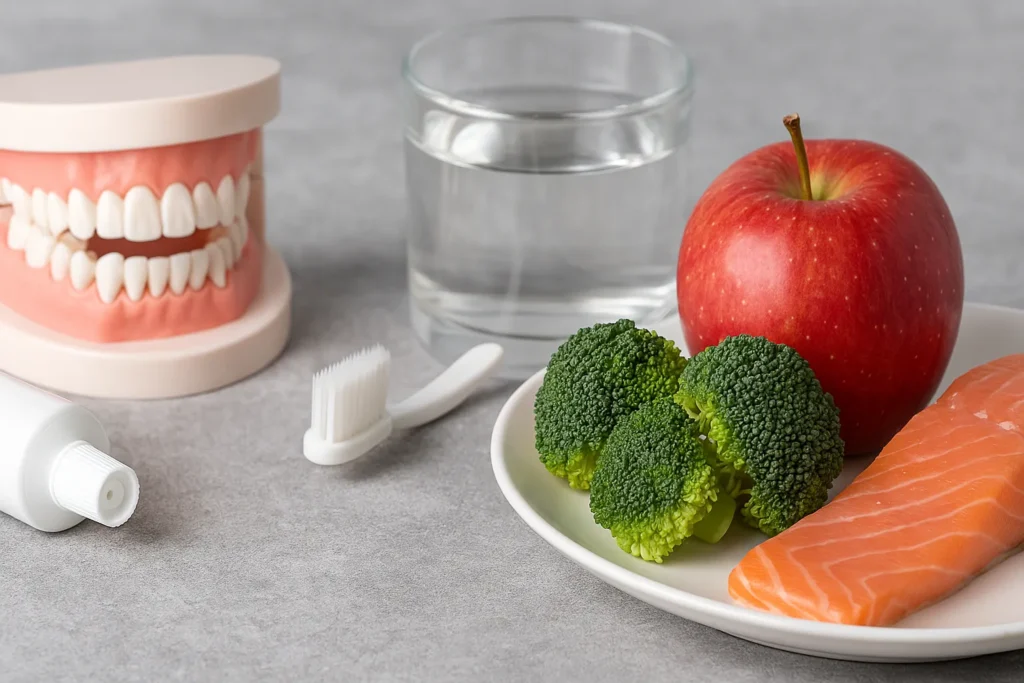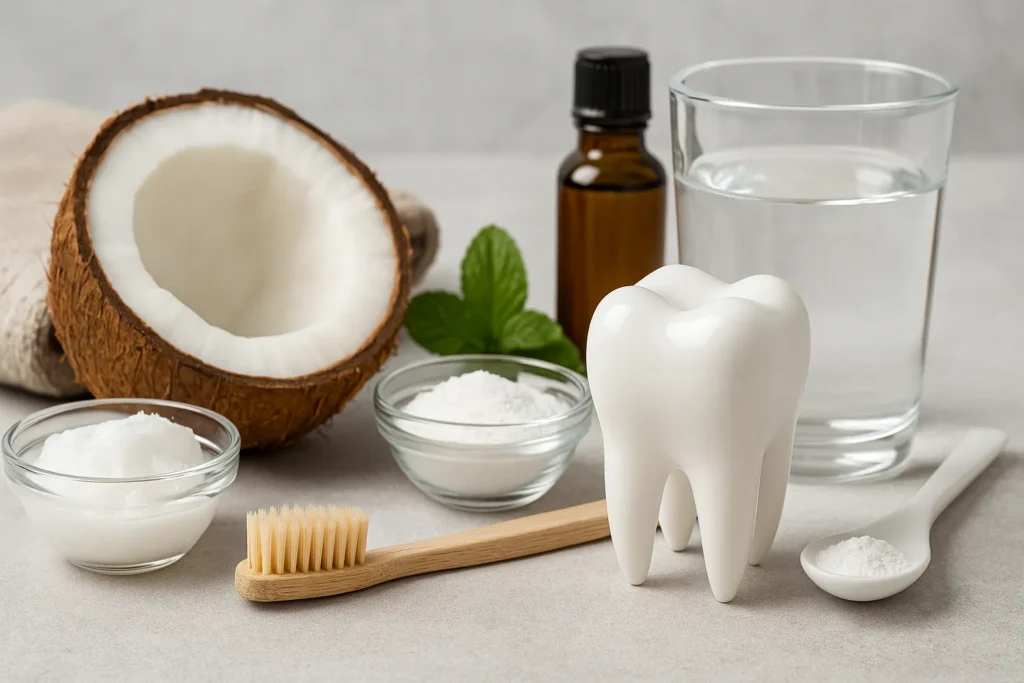Fertility is a sensitive topic, and when you’re trying to understand your body better, terms like AMH might sound a bit technical. But don’t worry, we’re going to break it down in simple words. Whether you’re planning for a baby now or just curious about your reproductive health, this guide is here to help you understand what AMH means and how to increase AMH levels naturally. Let’s dive into it.
What Is AMH, And Why Is It Important?
Let’s start with the basics. AMH, or Anti-Müllerian Hormone, is produced by the small follicles in your ovaries. These are the same follicles that may one day release a mature egg during ovulation. So, AMH is like a reflection of your ovarian reserve, basically, how many potential eggs you have left.
Unlike many hormones, AMH doesn’t fluctuate much during your menstrual cycle, which makes it a reliable marker to assess your fertility. Low AMH levels might indicate a lower egg count, but don’t panic, it’s not the only thing that defines your fertility.
What Are Normal AMH Levels in Females?
Before trying to increase AMH, let’s understand what’s considered normal. Normal AMH levels can vary with age, and labs might report values differently, but generally:
| Age Group | Normal AMH Levels (ng/mL) |
| 20–29 years | 3.0 – 6.8 |
| 30–34 years | 2.5 – 5.2 |
| 35–39 years | 1.0 – 4.0 |
| 40+ years | 0.5 – 3.5 |
If your levels are lower than expected for your age, it doesn’t mean you can’t get pregnant. It just means your ovarian reserve might be lower than average. Many women with low AMH still conceive naturally.
You can also explore more about what is a good AMH level to get pregnant, especially if you’re actively planning for a baby.
Can AMH Levels Be Increased?
Here’s the truth. AMH levels naturally decline as you age, and unfortunately, there’s no magic pill to reverse time. However, you can influence your overall ovarian health and hormonal balance, which may support better AMH production and egg quality. So yes, in many cases, you can increase AMH levels in females naturally, especially when low levels are due to lifestyle factors like poor nutrition, stress, or chronic inflammation.
How to Increase AMH Levels Naturally: Tips for Better Fertility
1. Nourish Your Body with the Right Foods
Food is medicine, especially when it comes to hormones. Eating a nutrient-rich, anti-inflammatory diet can help balance your reproductive hormones and support your ovaries.
Foods that may help increase AMH levels:
- Leafy greens: Spinach, kale, and fenugreek (methi) are rich in folate.
- Avocados and nuts: Great sources of healthy fats.
- Seeds: Especially sesame and flaxseed which support hormone health.
- Colorful fruits and veggies: Loaded with antioxidants that reduce oxidative stress on your ovaries.
Avoid processed foods, refined sugar, and trans fats as they can increase inflammation and disrupt hormone balance.
2. Consider Supplements (After Consulting a Doctor)
Sometimes, your body needs a little extra help. Here are some supplements known to support ovarian function and possibly improve AMH levels:
- CoQ10: Helps improve egg quality and mitochondrial function.
- Vitamin D: A deficiency is linked to lower AMH levels.
- DHEA: Some studies suggest it may increase AMH levels, especially in women with diminished ovarian reserve.
Always talk to your doctor before starting any supplement, self-medication isn’t advisable when it comes to hormones.
3. Manage Stress to Improve Hormonal Balance
Yes, stress really does affect your hormones. Chronic stress can throw your entire endocrine system out of balance. This includes reproductive hormones like estrogen, progesterone, and even AMH. High levels of cortisol (the stress hormone) can reduce ovulation and affect egg quality.
Here are a few ways to reduce stress naturally:
- Practice yoga and meditation regularly.
- Ensure 7–8 hours of quality sleep every night.
- Take walks in nature or do any activity that calms your mind.
Wondering how stress is linked to gut health and bloating too? You can also explore our blog on How to Cure Gastric Problem Permanently to see how everything in the body is connected.
4. Stay Physically Active (But Don’t Overdo It)
Exercise is great, until it becomes too much. Moderate, consistent workouts like brisk walking, yoga, and strength training can help boost circulation to the ovaries, regulate insulin levels, and support hormonal health.
But avoid excessive high-intensity exercise if your AMH levels are already low. Overtraining can stress your body and do more harm than good for your reproductive system.
5. Say No to Smoking and Minimize Alcohol
These lifestyle habits have a direct impact on your fertility. Smoking is known to cause a faster decline in ovarian reserve and has been shown to lower AMH levels. Even secondhand smoke can be harmful.
As for alcohol, moderate intake is okay for some, but frequent drinking can negatively impact egg quality and hormone production. If you’re planning to conceive, it’s wise to eliminate or limit both.
6. Ayurvedic and Herbal Support
Ancient wisdom can sometimes be incredibly helpful. Several Ayurvedic herbs and practices aim to support female fertility. Some commonly used herbs include:
- Shatavari: Known to nourish the female reproductive system.
- Ashwagandha: Reduces stress and supports overall hormonal balance.
- Maca root: While not Ayurvedic, it’s a natural adaptogen used globally to support hormonal health.
Again, consult an Ayurvedic practitioner before beginning any herbal treatment. For those wondering about skin and beauty benefits using natural ingredients, check out our detailed guide on How to Use Coffee for Skin Whitening.
7. Regular Checkups and Monitoring
Tracking your progress is key. Once you’ve started making changes to your lifestyle, nutrition, or supplements, make sure to test your AMH levels every 3 to 6 months (or as recommended by your doctor).
Also, don’t focus on AMH alone, hormones work in harmony, so tracking FSH, LH, estradiol, and antral follicle count (AFC) will give a more complete picture of your fertility.
If you’re curious to explore more such practical and helpful health topics, NutBolt India is your go-to source for unraveling answers to everything you’ve ever wondered, from how to get fair skin fast permanently at home to detailed lifestyle and wellness guides.
Final Thoughts
Raising AMH levels isn’t just about fertility, it’s about taking care of your overall hormonal and reproductive health. While age and genetics play a role, your lifestyle matters more than you might think. A nutritious diet, stress management, regular checkups, and a positive mindset can make a real difference.
If you’re struggling with AMH concerns, don’t lose hope. Talk to your healthcare provider, start making gradual lifestyle changes, and remember, you have more control over your reproductive wellness than you may realize.







